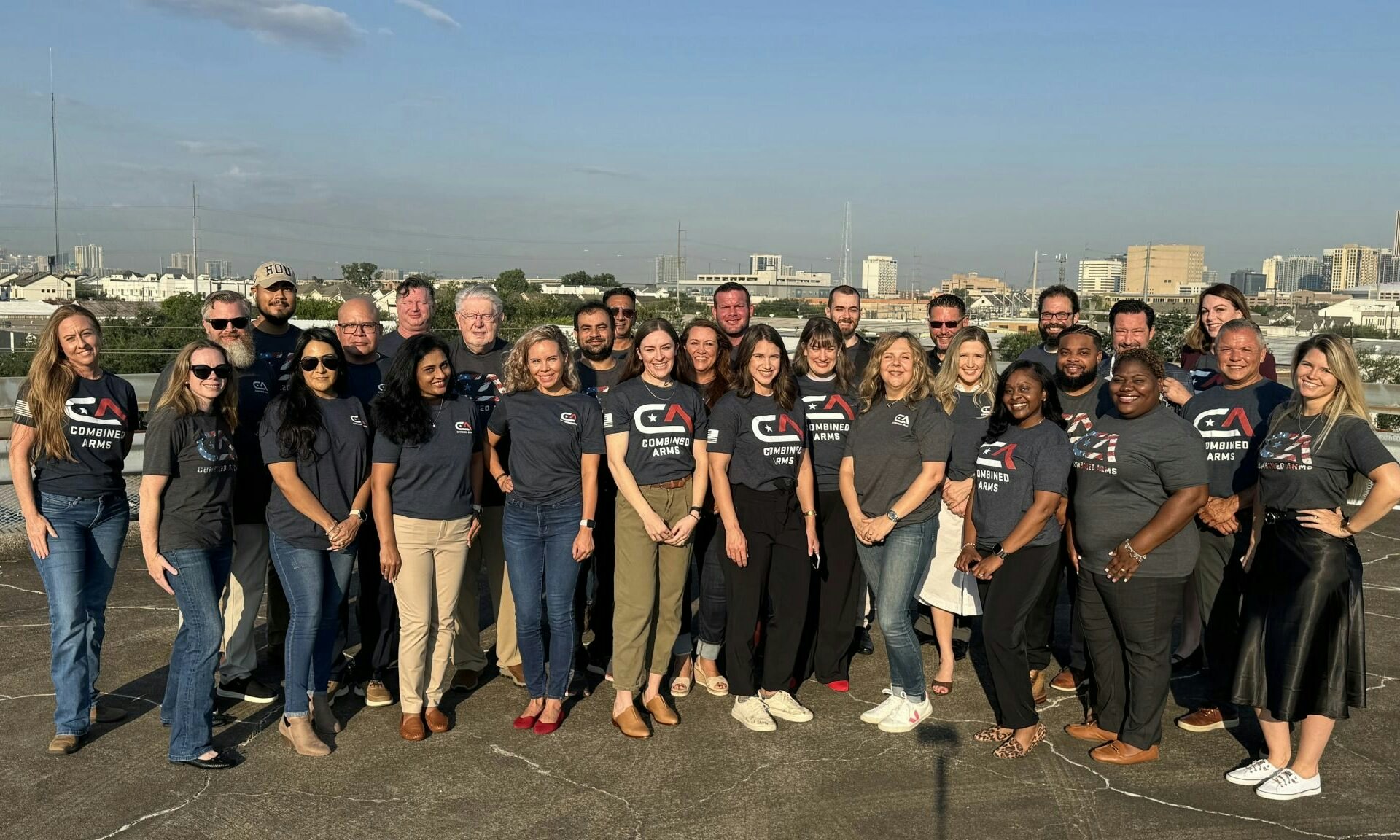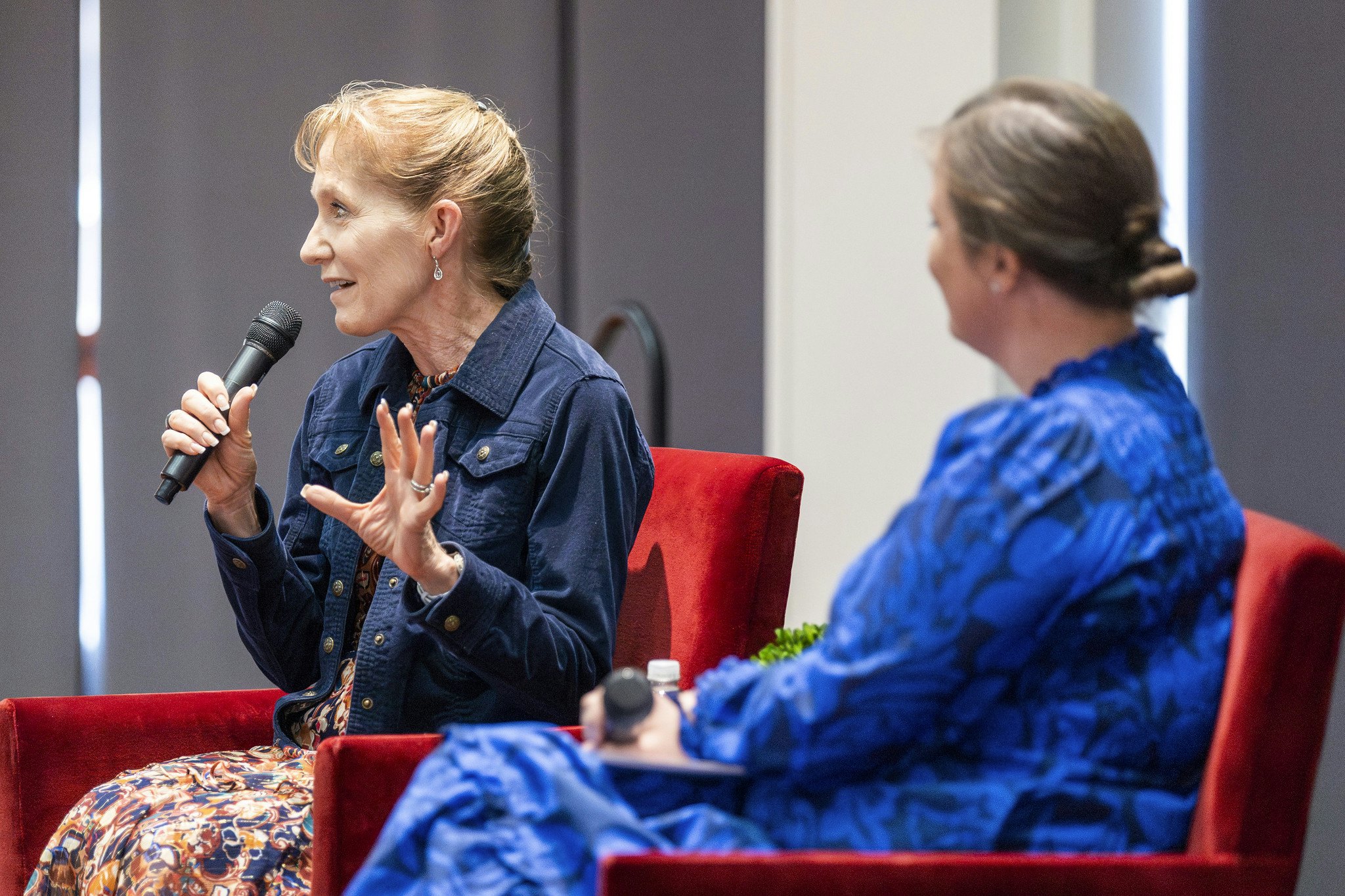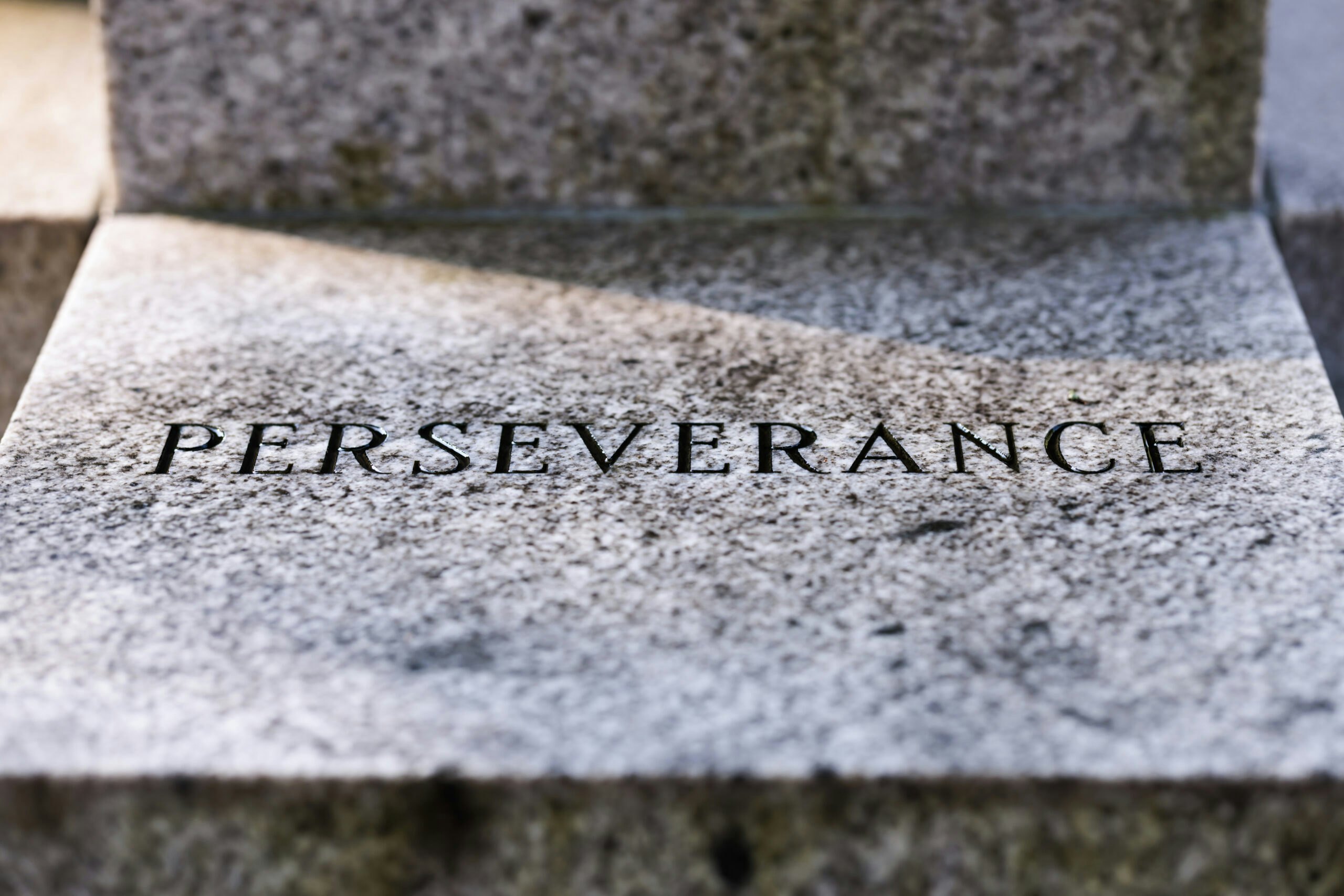At the Bush Institute, we're committed to the responsibility we face as a Nation to know and understand our vets and help them...
At the Bush Institute, we’re committed to the responsibility we face as a Nation to know and understand our vets and help them successfully transition. This week, as we honor our veterans and their families, we are distributing The Veteran Employment Transition Roadmap and reminding everyone that the key to a successful transition is employment. The Bush Institute and Hiring Our Heroes developed The Roadmap to serve as a guide for our Warriors as they navigate the critical transition issue of employment.
Dave Smith is a retired Marine Corporal who participated in a Warrior 100k bike ride with President George W. Bush a few years ago. He recently spoke on a panel about his own experience transitioning to civilian life alongside our very own Colonel Howe. Smith was kind enough to write about his experience for us.
Dave Smith: Navigating Transition
Last month, I had the distinguished honor to represent the Bush Institute’s Military Service Initiative at the Energi Summit in Washington, DC, alongside Colonel Miguel Howe and Justin Constantine. The Energi Summit is focused on risk management and insurance within the energy sector and brings together over 1,000 leading professionals from all across the United States.
The topic of our panel centered on military veterans and the transition from service back into the civilian world. The key to this transition is the ability to secure meaningful employment, mentorship, and the resources necessary to ensure that our service men and women are not left hanging out to dry when they take off the uniform.
I spoke about my personal transition, some of the successes and struggles I faced, how the Bush Institute has been critical to helping me deal with post-traumatic stress and what the private sector can do to ensure that our nation’s military service members are receiving the training, mentorship, and employment opportunities necessary to provide a successful transition.
Getting a Job
After completing my service, I applied many places with a résumé’ that talked about ribbons and awards and listed things like “captured xxx insurgents and instructed operations in urban military combat”. In interviews, I used words like “We” and Us” to describe what I had accomplished in life. Of course, this left employers wondering exactly what tangible skills I had that could translate into revenue growth and what I had accomplished as an individual. On the only follow-up phone call out of 5 interviews, I was asked “What exactly did YOU do?” I thought it must have been a trick question and my response was “I have never accomplished anything by myself”. I didn’t get the job.
I ended up working construction making $12/hour for a family friend. I was underemployed but happy to have a job. Eventually, while working in California, he saw Marine stickers on my truck and mentioned he had been a Navy Officer. He requested a résumé’ and I brought him the same 3-page long accomplishments sheet that I thought would guarantee me a job anywhere. Luckily, he talked HR into hiring me.
Acknowledging My Nonvisible Wounds
Eventually, I used my GI Bill to complete a Bachelor’s degree. I enjoyed college but felt isolated, angry, and unable to connect with people who had never been to war. I hated being in school while guys I had served with continued serving and were being deployed. I didn’t know what I wanted to do and I missed being around people who understood honor, courage, and sacrifice.
Ignoring the frustration, anger, and pain I was feeling led to me putting a shotgun barrel in my mouth. I had failed to take proper responsibility for my transition and had unknowingly slid deep into depression. Luckily, rather than pull the trigger, I locked the gun away and left the house. I sought help, worked very hard, became extremely involved in the community, served other veterans, and went on to do incredible things.
Regardless of rank or specialty, all veterans leave the service having had a clear sense of purpose, shared identity, and leadership experience. When they leave the service, they are looking to conquer their next big obstacle. Unemployment or underemployment for an extended period grinds away their sense of confidence and can quickly lead to debt and depression. However, veterans who leave the service and enter into gainful employment are likely to be much happier and have better self-confidence.
Additionally, we repeatedly covered the issue of removing the stigma that surrounds post-traumatic stress (PTS). PTS is simply a normal reaction to a set of extraordinary events. It is common in rape victims, car crash survivors, assault victims and numerous other groups of people. Would you ever consider denying any of them a job on account of those events? Probably not. Veterans with PTS are not ticking time-bombs and are not a danger to hire. PTS is probably not what most people seem to think it is and proper education is key to changing that stigma, especially within the employment search phase.
The Military is America’s Pipeline for Leadership
The private sector has an incredible opportunity to help veterans smoothly transition by offering mentorship, training, internships, or jobs. Most importantly, you will come to realize that veterans bring an incredible array of tangible skills to the table. Here are just a few:
- Leadership
- Teamwork
- Motivation
- Management
- Work ethic
- Ability to accomplish any task with limited resources
- Flexibility and adaptability
- Quickly learn and master new skills
- Great risk management and risk mitigation
At a follow-on panel, keynote speaker Dr. Condoleezza Rice mentioned that one of the most patriotic and intelligent things that any employer can do is to hire veterans. She cited attributes similar to the ones above and added that veterans are an incredible asset to any organization. That’s quite the recommendation, if ever I’ve heard one.
My transition is similar to many other veterans with one key difference: I was lucky to have had fantastic mentorship at key points that helped me get into school and find good employment that kept me engaged and motivated. Unfortunately, many veterans lack good mentorship and therefore enter a civilian job market underprepared and misunderstood.
Contact:
LinkedIn.com/in/davesmith0311
Twitter: @dsmith_raider






























